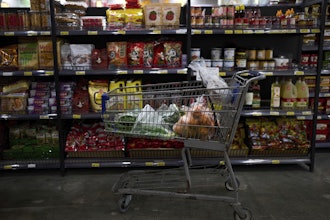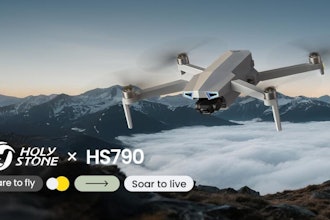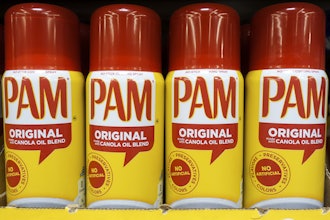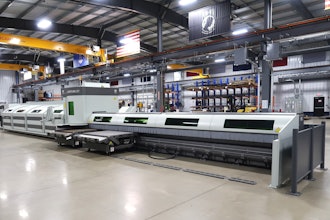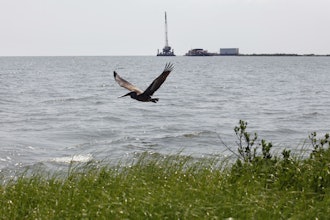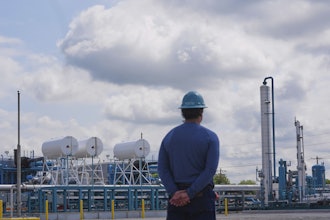Found alongside the fresh water springs in Northeastern Brazil, Várzea da Onça is a sanctuary for cultivating a rare variety of coffee bean. The shade grown Arabica Tipica bean is known only to grow at elevations of 2,500 ft. above sea level. Várzea da Onça, situated in a Brazilian mountain range at 3,000 ft., has long sold its Arabica Typica coffee beans throughout Brazil. A family-run business since 1978, Várzea da Onça has long awaited exporting and selling its rare and exquisite brand of coffee to markets around the world. Now, under the quality brand name Café Sombra, Várzea da Onça is ready to export the rare coffee bean to international markets. With production and exportation procedures in place, Várzea da Onça launches its inaugural shipment to its first foreign market, the United States.
Before embarking on its inaugural shipment, Várzea da Onça took extra measures to ensure their delicate green coffee beans would be well protected while in transit. Handling the coffee shipment logistics was the farm's own export division, Colorado Trading Company, Miami. Colorado Trading enforces Várzea da Onça's strong commitment to provide high quality coffee beans with a premium taste and texture. To ensure cargo protection on this maiden voyage and maintain the high quality standard, Colorado Trading enlisted the help of Süd-Chemie Performance Packaging and their patented Container Dri II® (CDII) moisture control bags.
Protecting Hygroscopic Products
Molding and spoilage would greatly compromise the coffee beans' quality and Colorado Trading knew that shipping these beans could pose various challenges. One of the problematic factors that Colorado Trading encountered was that coffee beans are hygroscopic, meaning they attract and absorb moisture. This makes them particularly susceptible to moisture damage. To avoid any chance of this problem and ensure the delivery of quality beans, Colorado Trading knew that they would need to control the high levels of moisture that could pose threat to the coffee shipment.
As a hygroscopic product, coffee beans naturally contain a very small percentage of moisture, less than 15 percent. However, the beans are prone to readily absorb moisture from the environment around them if not protected. When exposed to humid conditions over time, coffee beans can draw moisture through packaging and absorb enough to reach very high levels of humidity.
"If coffee beans are exposed to high levels of moisture, mold and spoilage can result," says Tatiana Peebles, vice president of operations at Colorado Trading Company, who places a premium on quality assurance. "Any molding renders the beans unacceptable, making moisture control and protection a necessary part of our shipment preparation.".
Maritime Shipping
Adding to the challenge, the beans would be shipping across the equator, incurring various climate conditions while on the voyage. The inaugural shipment was to leave from Port Suape, Brazil and arrive in the Port of Miami in two weeks. Along with the cargo's hygroscopic properties, the 315 forty-kilo bags of coffee beans would remain at sea, in humid conditions, for a two-week period while these climate changes took place.
Peebles explains that crossing the equator requires special protection. "When you are shipping from the South, you have a cold steel container with a product that has high a moisture content. Once you start getting a thousand miles either side of the equator, the container's internal environment is going to start 'cooking', becoming humid and developing condensation which will damage the cargo unless protected."
"The green coffee beans spend many days on the water and shipments can also face delays from storms," Peebles says. "We needed the assurance that our product could stay at sea for weeks and still maintain its freshness and high quality." To achieve protection against damaging moisture Colorado Trading selected Süd-Chemie's patented Container Dri II bags.
Designed to control moisture levels in shipping containers, Container Dri II's proprietary formulation absorbs moisture vapor through a microporous exterior, and turns it into a thick gel that is held in bags until disposal. Containers remain free of moisture condensation, humidity is controlled, and cargo stays dry-for up to 90 days.
Shipping Success
Colorado Trading pre-loaded their shipping container with 30 bags of CDII, and as a result, moisture damage was avoided entirely. Peebles says she is impressed with the effectiveness of the product. "Container Dri II lived up to our expectations. The coffee beans arrived without any dampness, and the insides of containers did not show any signs of condensation."
Unlike other moisture control solutions, CDII does not get placed directly into the bulk product. The CDII bags come with a self-adhesive backing that allows them to easily adhere to the container walls. This eases loading, unloading, and disposal. As a non-toxic and environmentally friendly product, CDII can be easily discarded. Bags are simply thrown in the rubbish bin and no special treatment is given in their disposal. Since the gel remains inside Container Dri II bags, disposal is mess-free.
"Container Dri II effectively supports Colorado Trading's success in selling its Café Sombra quality brand to North American supermarkets and restaurants," Peebles notes. "There are a lot of coffee bean shipments being moved around the world which do not reach their destinations in good condition. Thanks to CD II, we did not fall into that category and we successfully offer our North American customers our high quality Café Sombra coffee beans."










